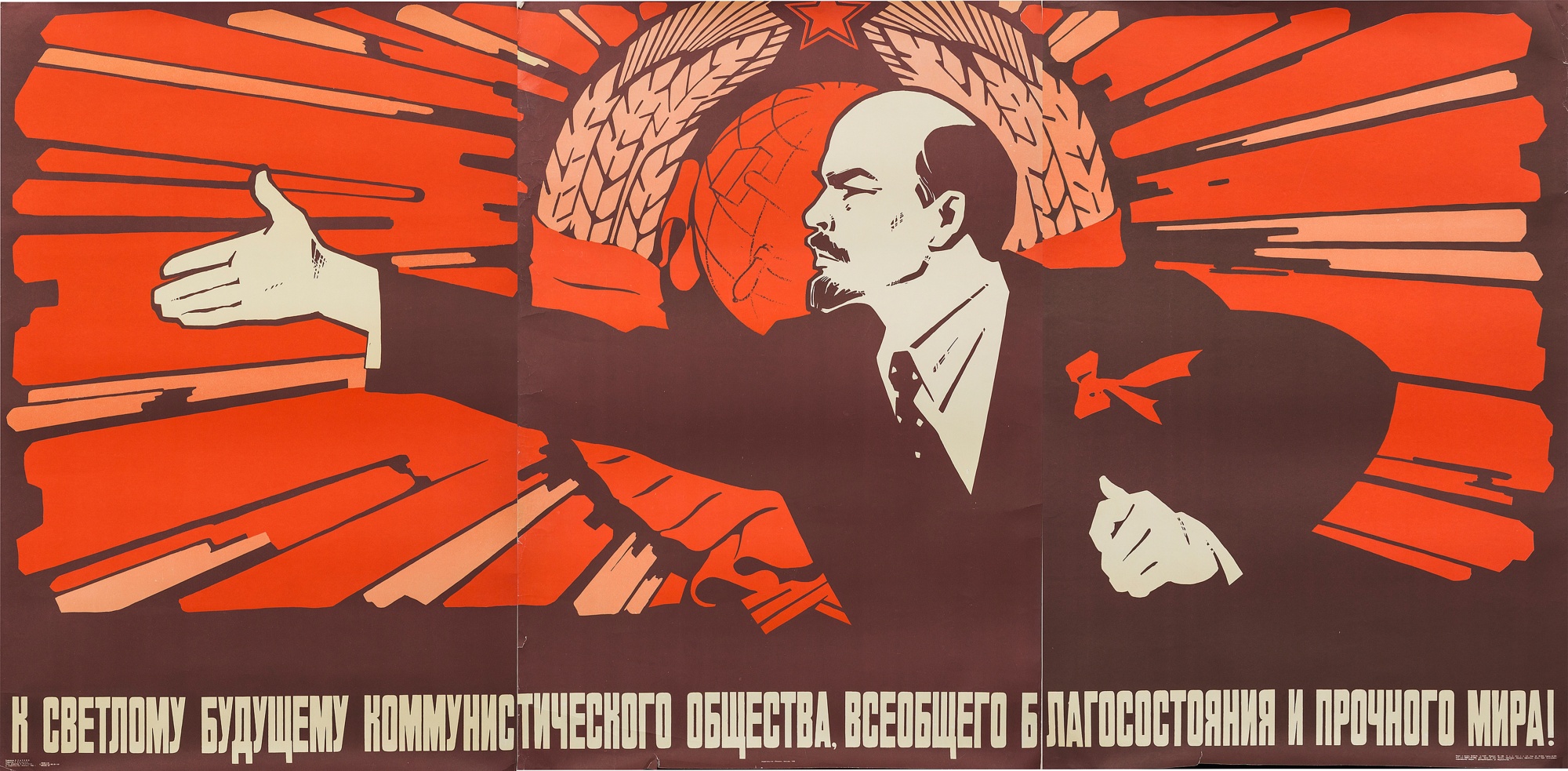Would the governing body of PRC in 1962 attributing the famine to government errors convince you otherwise? Would the Chinese government 20 years later confirming the same convince you?
I’m not sure where you’re going with this. That the famine was accidental and (in part) caused by bad policies and mismanagement is what I’m saying happened. You’re agreeing with me there.
If not, can you imagine a fact that would convince you? What is it?
If you think the famine was accidental but the government’s bad policies caused it/made it worse, I already agree.
If you think that the famine was intentional and the government was trying to kill peoples by starvation, I would need proof that they at least discussed it internally in order to be convinced. Leaked internal documents, testimony from peoples who were there (and can prove that they were), recording of meetings between party officials, that kind of things.



That’s the “mainstream” narrative so I assumed it was what you were arguing, sorry if it wasn’t.
Essentially. Yes.